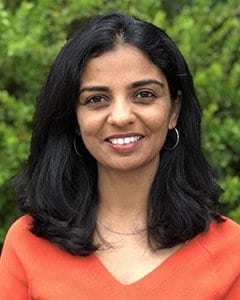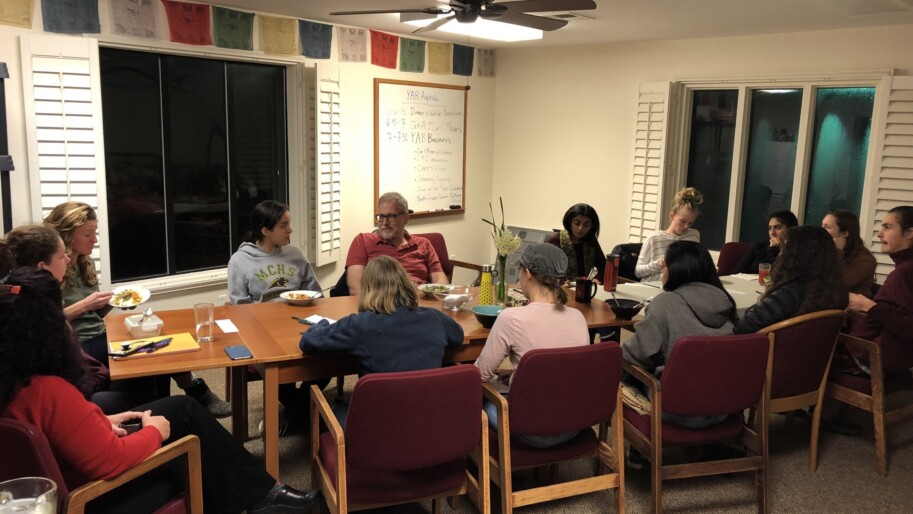Youth play a key role in implementing speed and scale climate solutions. The Center’s Youth Advisory Board (YAB) students have been excitedly working on individual climate projects at their respective schools. Projects include developing sustainability kits and climate presentations, organizing a “No-Idling” STEM project, coordinating an on-campus “green week” celebration, and participating in a 350.org youth climate fellowship program. ECO2school has been working on creating opportunities for these passionate climate leaders to complement their skills with further training and connections to the larger community.
To bolster their advocacy skills, YAB members participated in a training to understand the ins and outs of the legislative process as well as the do’s and don’ts of engaging in advocacy. Former Santa Rosa Mayor and City Council member Jane Bender was a guest at the meeting. Her years of experience impressed upon the students how important an individual’s voice and personal story can be in influencing decision-makers such as civic and political leaders. She shared the example of the 10 cent charge on grocery bags as a way to illustrate policy-based, market-driven solutions that phased out the use of plastic bags efficiently and effectively. This helped students put into perspective a training with Ann Hancock, Executive Director of The Climate Center, about theory of change. As Ann presented the broad-brush strokes of understanding the Center’s theory of change, students began to make connections between having a vision, making an impact, strategizing for massive behavior change, shaping policy, driving market forces, and engaging in climate activism.
This raises a question in their minds, “How much of an impact do you think turning off our lights, using our re-usable water bottles, driving less, eating a plant-based diet, and similar little changes have?”. They asked this question to climate scientist and contributing author to IPCC, Dr. Carl Mears, who also joined as a guest at a YAB meeting. As students waited eagerly to hear his response, Dr. Mears explained, “Making your own choices such as a plant-based diet or living close to your workplace, especially when sustained over a lifetime, is great and helps identify you to your tribe, but the only solution that would make change happen at speed and scale is changing policy.” He elaborated on this further at an event later that week in Santa Rosa speaking to an audience of 200 people, and urged that broadly speaking, we need to work towards “electing climate focused leaders, advocating to hold our leaders’ feet to the fire and talking about climate to our friends and families”, as the three most important things each one of us can do to become part of the solution to mitigate climate change.
At ECO2school, there is an almost feverish excitement watching and listening to local youth climate leaders taking tremendous strides to rise to the challenge. Along with the many personal low-carbon choices they make, they are amplifying their voices and taking bigger and bolder steps to address their peers and engage people to take action. They are inspired by the way climate is moving to the forefront of political and social movements across the world. They are speaking up about their deep concerns as well as drawing people into their fold with ideas on how they can become a part of the change-making process. They are hopeful and they have their sleeves rolled up.


